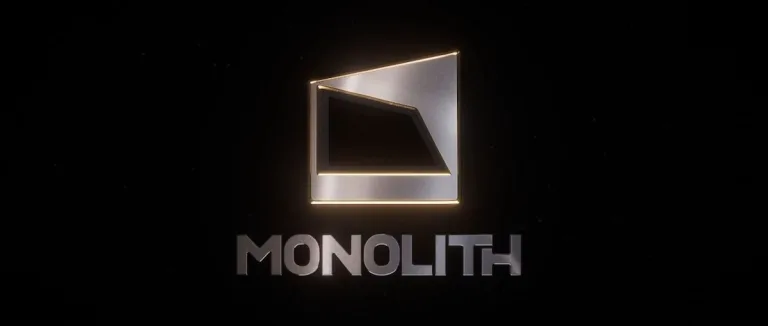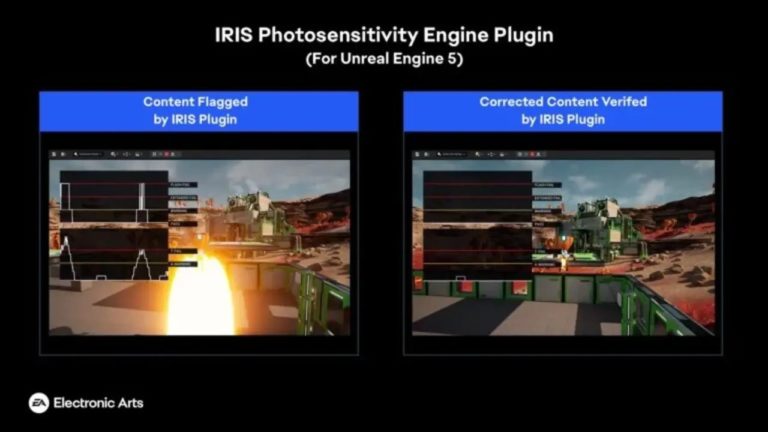The recent closure of Monolith Productions, along with Player First Games and Warner Bros. Games San Diego,...
Patents
Electronic Arts (EA) has expanded its Accessibility Patents Pledge by adding 23 new patents to the initiative....



